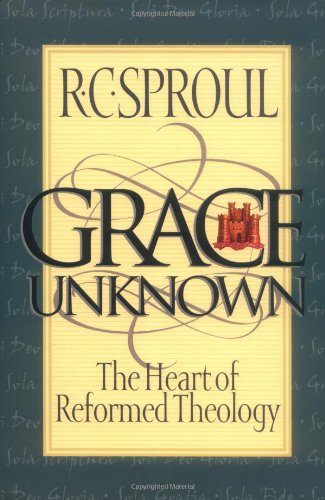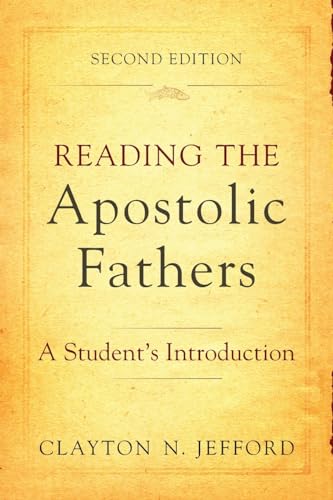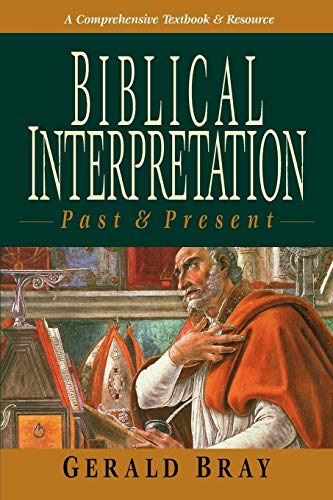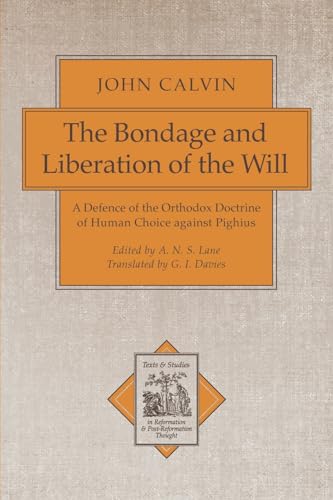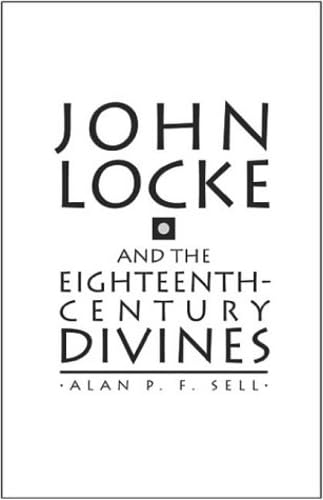Jesus Christ, Saviour and Lord
Written by Donald G. Bloesch Reviewed By Gordon R. LewisThe well-known author seeks a centrist position on Christology between fundamentalism and liberalism (pp. 11, 12), but presents a relationship theology more characteristic of neo-orthodoxy than of conservative evangelicalism. Bloesch presupposes with Kierkegaard, Barth and Bultmann, an ‘infinite qualitative difference’ between God and us (p. 176). Because God’s ‘reason’ (if we can call it that) is infinitely distinct from ours, our likeness to God is relational or reflectional (p. 26). Revelation happens only in contentless encounters and we witness to these mysterious events in parabolic narratives.
Bloesch’s God is so different from his image bearers that the incarnation must be interpreted with a yes and no, dialectically or paradoxically (p. 70). Was Jesus God? No, if understood propositionally, literally or univocally; ‘yes’ if interpreted alogically, figuratively and analogically. But Bloesch should not need to view the incarnation as an irresolvable ‘paradox’, for Christ’s two natures are not contradictories, but subcontraries (see G. Lewis and B. Demarest, Integrative Theology 2: 347–351).
Assuming God’s infinite, qualitative of removal from logical statements, Bloesch exclaims, ‘Too long we have made the mistake of identifying God’s revelation with the propositional content of the Bible’ (p. 249). A proposition is the basic unit of a person’s logical thought. One asserts a true or false proposition in a sentence with (1) a subject, (2) a form of the verb ‘to be’ and (3) a predicate (S is P). Peter’s great confession was propositional, ‘You are the Christ, the Son of the living God’. Jesus replied to him, ‘Blessed are you, … for this (proposition) was revealed to you by my Father in heaven’ (Mt. 16:16–18). If Bloesch is correct, Jesus’s identification of a proposition as revelation from God was a mistake. God forbid! Paul also summed up the gospel in propositions (1 Cor. 15:1–4). Jesus is the One who (1) was eternal and became flesh (an ontological truth), (2) died and rose (historical truths) and (3) died ‘for our sins’ (a theological truth with changeless univocal meaning, the same for God and Paul). ‘I want you to know’, Paul insisted, ‘that the gospel, I preached is not something that man made up … I received it by revelation from Jesus Christ’ (Gal. 1:11–12). Since Jesus and Paul strongly endorsed propositional revelation, and knowledge is embalmed in the imago (Col. 3:10), the ‘mistake’ would more appropriately be attributed to Bloesch’s existentialist presupposition.
Christ’s resurrection? Bloesch claims, ‘Yes, it “really happened” ’. No it was not recorded ‘in the language of historical precision, but only in dramatic parabolic language’ (p. 128). It is hard to find figures of speech and parables in the lists of witnesses who recognized the face, voice, scars and empty tomb. Even when parabolic speech is used, it is chosen to illustrate a nonfigurative (cognitive, T or F) point. Although ‘affirmed by credible human witnesses’, Bloesch thinks Christ’s resurrection ‘is finally persuasive only to the eyes of faith’ (p. 107). Did not the Holy Spirit use it to persuade the disillusioned apostles (notably Thomas) and Saul an opponent of the faith? In pagan Athens, Paul appealed to the fact as conclusive evidence for ‘all’ (Acts 17:31–34).
Biblical language, according to Bloesch’s dialectical hermeneutic, was ‘preserved as a vehicle for mysteries that cannot be fully contained in ordinary straightforward language’ (p. 131). Agreed, humans do not fully comprehend the many biblical affirmations. But reducing assertions concerning who Jesus was, is and will be to nothing but figurative witnesses to noncognitive encounters degrades Jesus Christ’s teaching and the Holy Spirit’s ministries in all revelation and inspiration.
The same neo-orthodox presupposition that renders impossible the objective validity of inscripturated revelation makes impossible a coherent view of the incarnation. If God is so infinitely Other as to be unable to assert propositional truth about reality in straightforward language (a capacity distinctive of persons), how does Bloesch know that the totally Other is personal?
Gordon R. Lewis
Denver Seminary, Colorado



